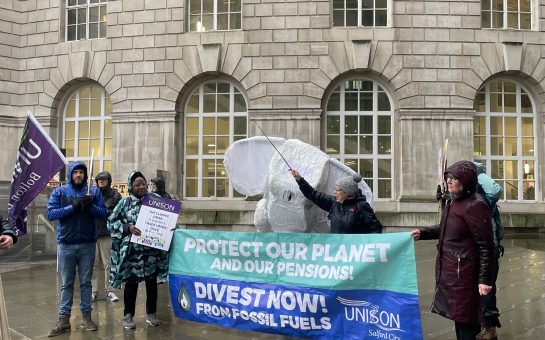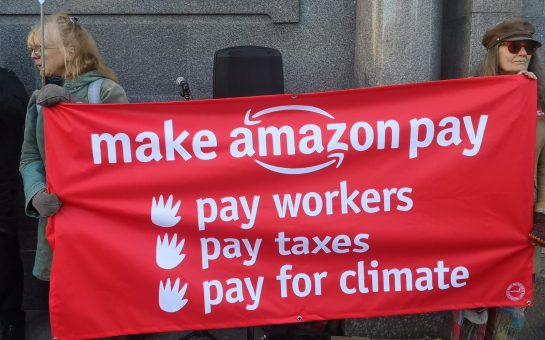A rallying cry reverberating over social media and holding the powerful to account, or woke mobs demolishing open debate through public shaming.
Cancel culture has caused political polarisation, but is the power of the internet pile-on a myth?
Speaking to journalist Pandora Sykes on the High Low podcast, author and journalist Nesrine Malik, said: “I think broadly the idea that there is this epidemic of cancel culture where people cannot say what they really believe or what they really think without being destroyed is amiss and the proof of that is how many people are talking all the time about how they’ve been cancelled and I’m like sorry have you been cancelled or not?”
There were calls for author J K Rowling to be cancelled in response to language she used that was deemed transphobic.
Despite the cries for her cancellation Rowling’s book sales boomed over the lockdown period.
Putting this inevitable failure of cancellation into perspective, journalist Flora Gill, wrote: “JK Rowling has far more followers on social media than there are trans people in Britain.”
Social media outrage does not seemingly guarantee cancellation.
As Ricky Gervais put it: “I’m cancel-proof in the sense that I’ve got enough money. If they started taking things back, then I’d worry.”
Recent ‘victims’ of cancel culture include actor Jodie Comer, for dating a Republican, psychologist Steven Pinker, who was asked to stand down from his posts due to his racial politics, and Wiley, who was banished from social media and dropped by his management for anti-Semitic Tweets.
Social media has, in the eyes of Malik, recalibrated who has power. She told Sykes it has “lowered the walls” between the powerful and the public, explaining: “We have a huge publishing and media industrial complex that has not been accountable for a very very long time and that is what cancel culture is, it’s not some mob that is trying to get people sacked or blacklisted or non-platformed, it’s just democracy in action in a way that is unrecognisable to some people.”
The columnist Camilla Long, who was recently removed from Twitter, as a result of one of her columns referencing ‘facemask Nazis’, told Flora Gill, and her mother Amber Rudd (the former politician who herself was no-platformed), on Times Radio that: “Cancel culture seems like a big baddie but really angry people shouting at you on Twitter don’t have much power, it’s Twitter itself and other big conglomerates that have the ability to silence people and that perhaps is a bigger conversation.”
Long also shared her belief that a “fight back” will soon commence, saying: “I think that people are going to start ignoring it [cancel culture] and not really caring what people think, and it’s going to become a thing to flout the cancel culture.”
On the other end of the spectrum is philosopher Alain de Botton, who though not specifically referencing cancel culture, told Sykes on her own Podcast Doing it Right, that: “I think we’re going to, over the coming years, need to set up colonies where people who have slipped up can go off and join others because ordinary society no longer accepts them.
“They’ve either said something wrong, expressed a contrary opinion etcetera, and they’ve been driven out of ordinary life.
“It shouldn’t be, its horrific, but I don’t see where intolerance goes other than in that kind of direction, we’re driving people into exile.”
Sykes herself, in her book How Do We Know We’re Doing It Right? calls cancel culture: “The step up from call-out culture- where holding someone to account is not enough and public opinion calls for their complete erasure.”
“In the comments sections, demand for someone’s cancellation gathers momentum much like in Lord of the Flies.”
Last month an open letter on free speech to Harper’s Magazine was signed by 150 intellectuals, including JK Rowling and other prominent authors – Margaret Atwood and Martin Amis being two.
The letter denounced an “intolerance of opposing views, a vogue for public shaming and ostracism, and the tendency to dissolve complex policy issues on a blinding moral certainty”.
Its aim was to cancel cancel culture.
A backlash ensued and a counter letter accused the signatories of privilege.
The cancellers do not, generally speaking, own companies or run the media and publishing world, making their real influence questionable.
Although protests galvanised through social media can create change, as seen in movements including Black Lives Matter and Me Too, cancelling alone cannot topple all.
If it did more MPs would resign and Trump would not be America’s president.
Image courtesy of Markus Winkler via Pixebay, with thanks.



